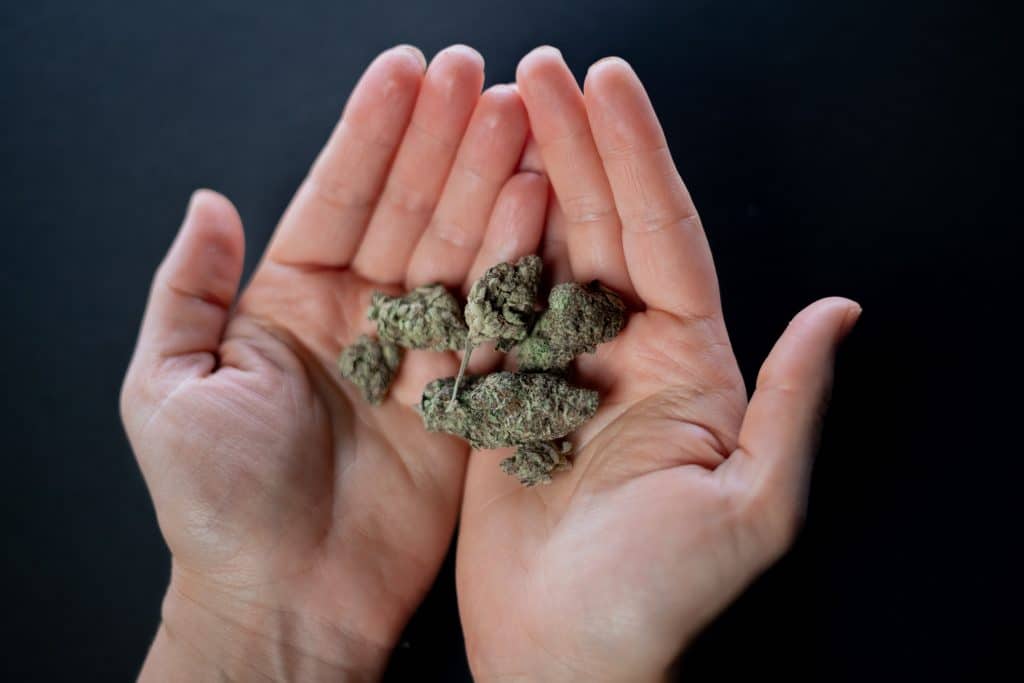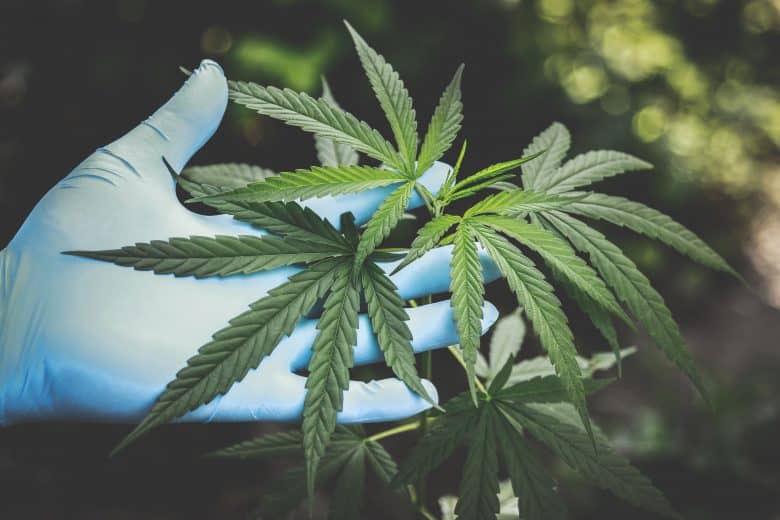One of the most convincing arguments for legalizing cannabis concerns the economy: Legal weed creates jobs and boosts tax revenues for local government projects to improve community wealth and wellbeing. Already, that argument is being shown to be powerfully true in states that have legalized recreational cannabis and reaped the rewards.
Yet, there is some concern that the economic incentives for cannabis legalization will diminish as more and more states pass their own cannabis regulations. Do some states benefit more from other states’ continued cannabis prohibition, and will widespread acceptance of cannabis impact the economic benefits of legalizing the drug?
The Border Town Effect
Contrary to popular belief, the most lucrative locations for cannabis dispensaries are not in the heart of cosmopolitan downtowns, wealthy suburbs or BIPOC communities. While dispensaries can find plenty of profits in progressive centers of their state, the cannabis businesses that truly thrive are those that exist close to the border.

Take Colorado, for example. When the state became among the first to legalize recreational cannabis in 2012, cities and towns worked fast to develop regulations for retail cannabis stores. Though solid-blue cities and suburbs like Boulder might have reputations for boasting dozens of Colorado cannabis dispensaries to cater to a large number of Coloradan clientele, the towns with the most weed per capita tend to be along Colorado’s borders — especially those borders accessible by multiple states. Trinidad, Colorado boasts fewer than 10,000 local residents but has over 20 dispensaries, which serve regular visitors from New Mexico, Oklahoma and Texas. Thanks to all the income from cannabis sales, the small town has gained hundreds of new jobs and over $1 million in tax revenue, which it has used to revitalize its downtown.
There are plenty of stories like Trinidad’s from around the country, of small, struggling border towns that embraced the cannabis economy and have been rewarded by out-of-state cannabis visitors. Yet, the number of border crossers is dropping as more states legalize weed within their own perimeters. When Oregon legalized retail cannabis, for example, border towns along the Washington-Oregon border lost a significant amount of business; the same has been true for border towns between California and Arizona and between Massachusetts and New York.
Considering that so many border towns rely so heavily on their new cannabis industry, it is possible that increased legalization could devastate many small economies around the country as there becomes less incentive to travel across state borders to access legal bud.
Canna-tourism
Another potential cost to legalization is the cannabis tourism industry. While many Americans can conveniently cross a state border to buy recreational weed from a legal dispensary, many more Americans do not have such a luxury — either because their state is not located near another state with legal weed or because they live too far from a border to make regular quick trips. The answer: planning a cannabis vacation.

When weed legalization was new, many of the earliest cities to pass recreational cannabis regulations saw a significant uptick in their tourism. Places like Denver, Seattle and San Francisco became even more attractive to travelers, who sought to add more interest to their vacation by buying bud from legal dispensaries. Now, thriving canna-tourism industries exist in most states with legal recreational weed. Travelers can find services like tours to dispensaries and grow operations, 420-friendly accommodations, and stoner activities like yoga sessions, arts classes, edible cooking seminars, guided hikes and more.
Though widespread legalization isn’t likely to end the canna-tourism industry, it could severely impact it, especially in areas that offer fewer non-weed attractions for tourists. Because travelers can enjoy the excitement of cannabis at home, they are less likely to plan a vacation solely around the opportunity to get high legally. While the offer of legal cannabis could continue to be enticing to foreign visitors, domestic travelers will be less incentivized by canna-tourism when all the U.S. has legal bud.
Slowly but steadily, the U.S. is gaining recreational weed — and the expansion of legal cannabis access is an undeniable good in several ways. Yet, it is important to consider the potential downsides to widespread legalization, if only so those negatively affected can appropriately prepare.














Leave a Reply